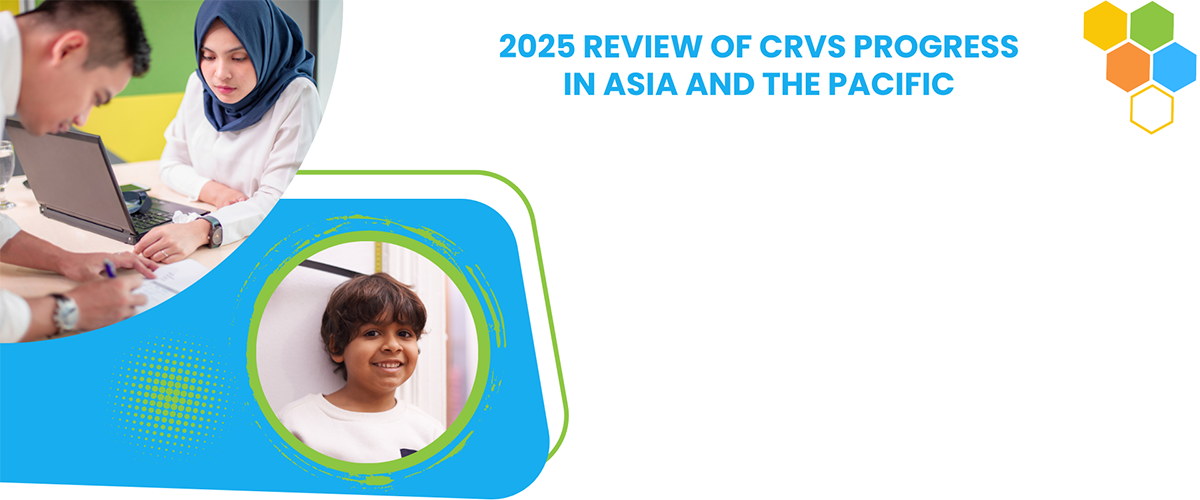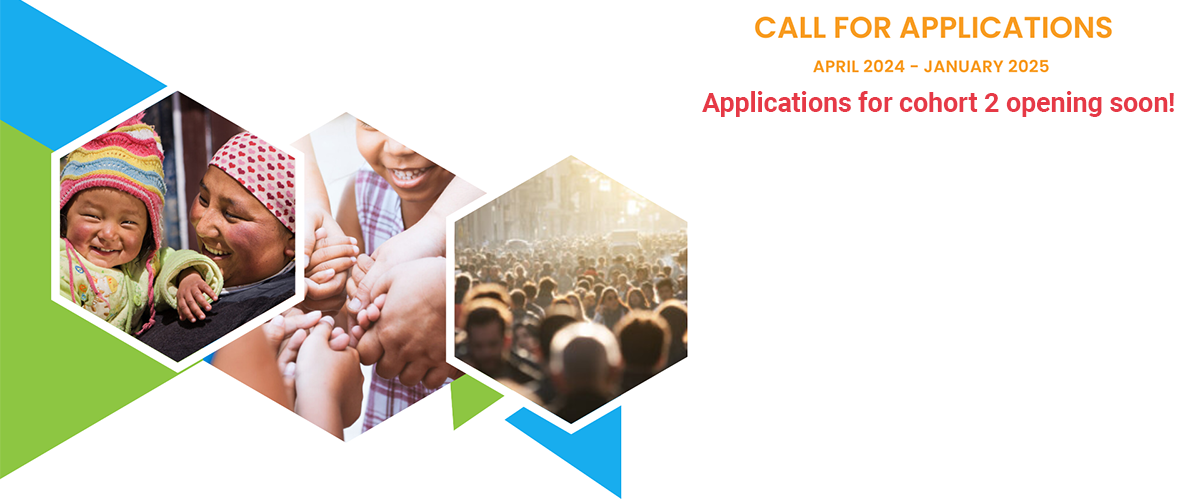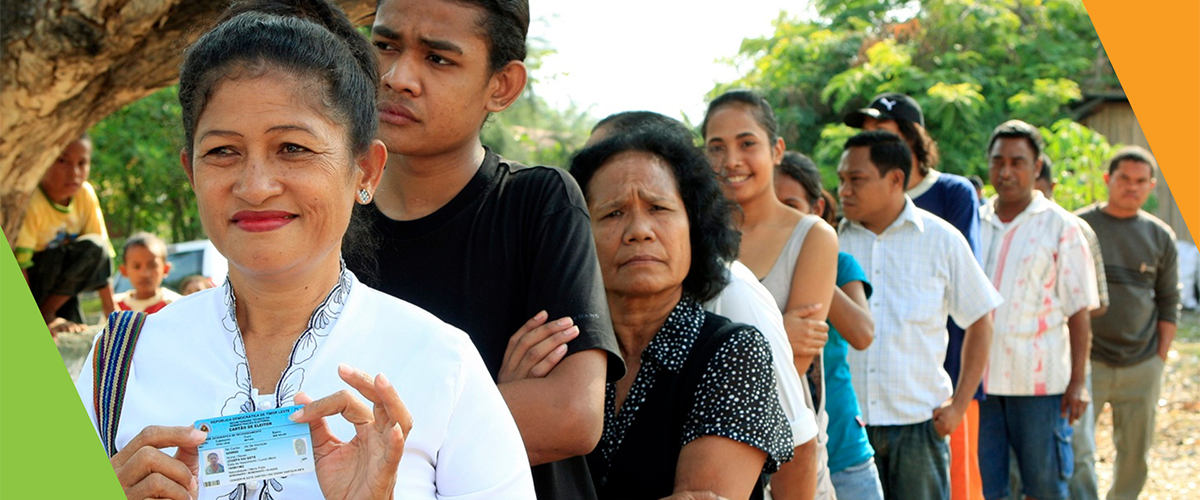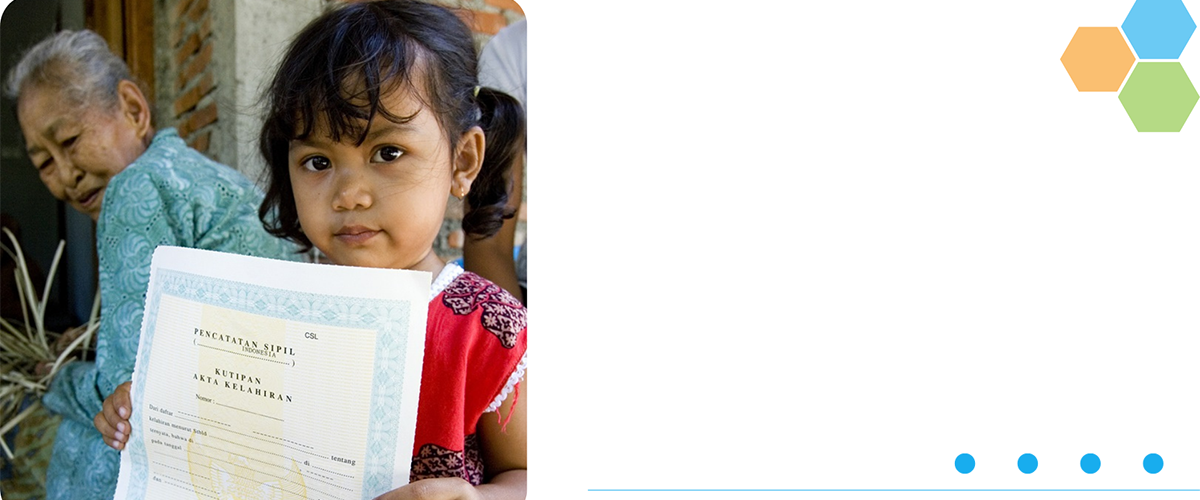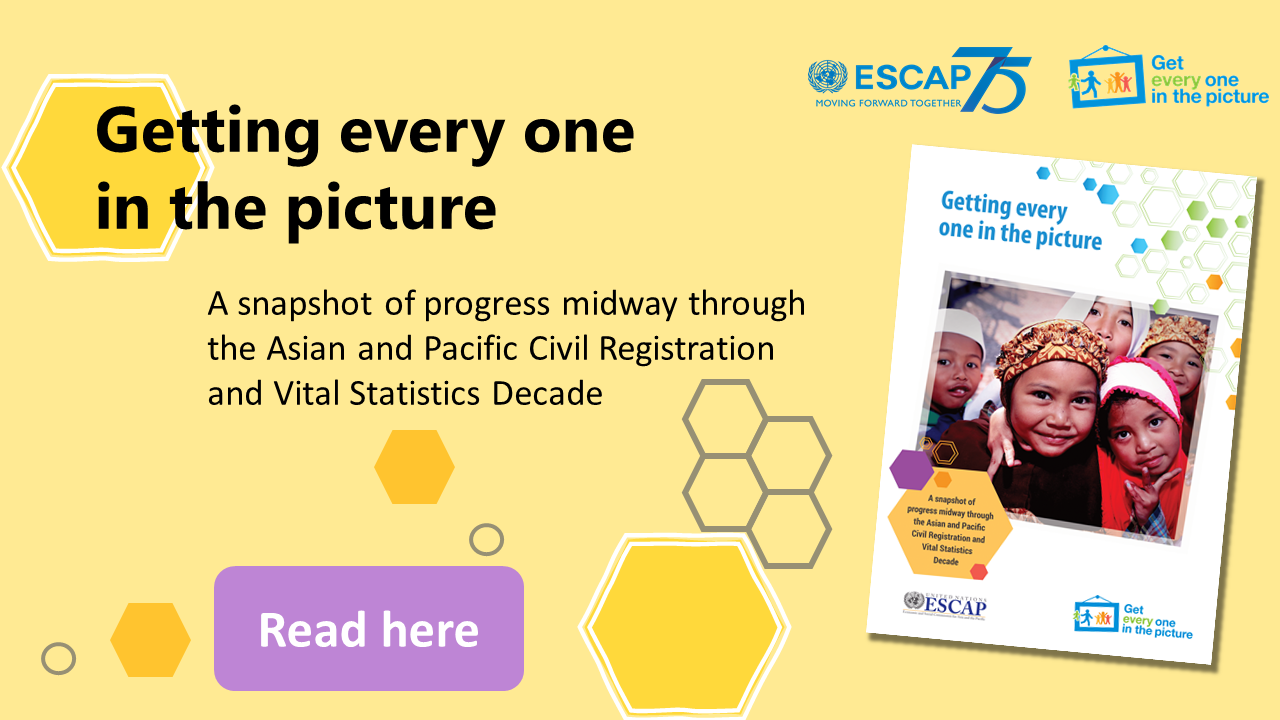Side event to the Statistical Commission: Towards achieving target 16.9 and legal identity for all – how far have we come and what’s next?
Date and Time: 1 March 2024, 13:15-14.30 at Labousse Hall, UNICEF House.
This side event for 55th UNSC, organized by ESCAP, ECA, UNICEF, UNFPA, Vital Strategies, and UNDP under the umbrella of the UN Legal Identity Agenda, provides an opportunity for national statistical offices, international organizations and delegates of Permanent Missions to acquire a more detailed overview of global, regional and national progress towards achieving universal legal identity and target 16.9 on birth registration for children under 5 years.

